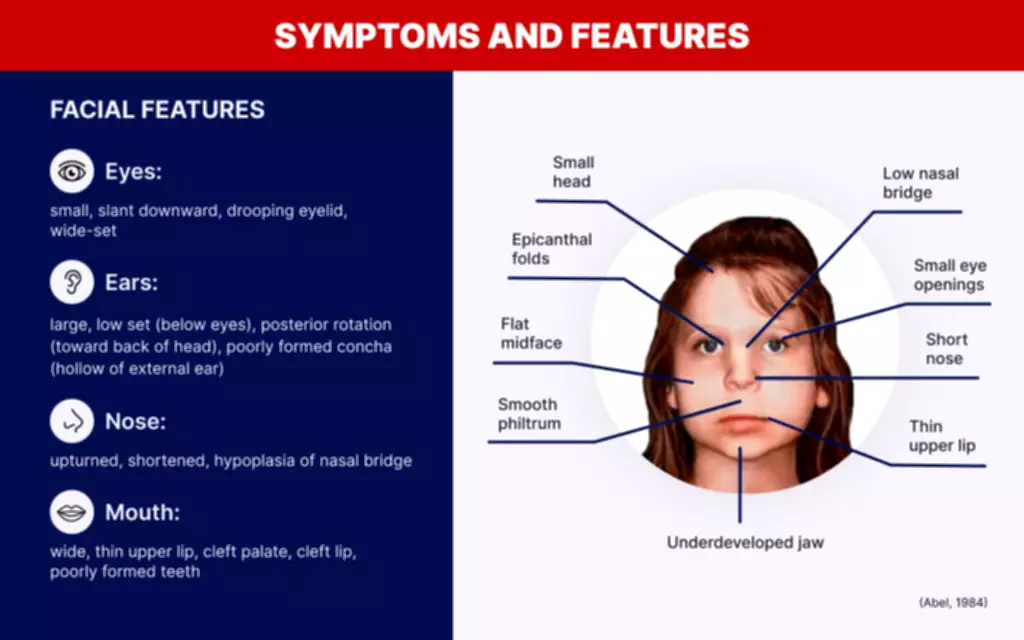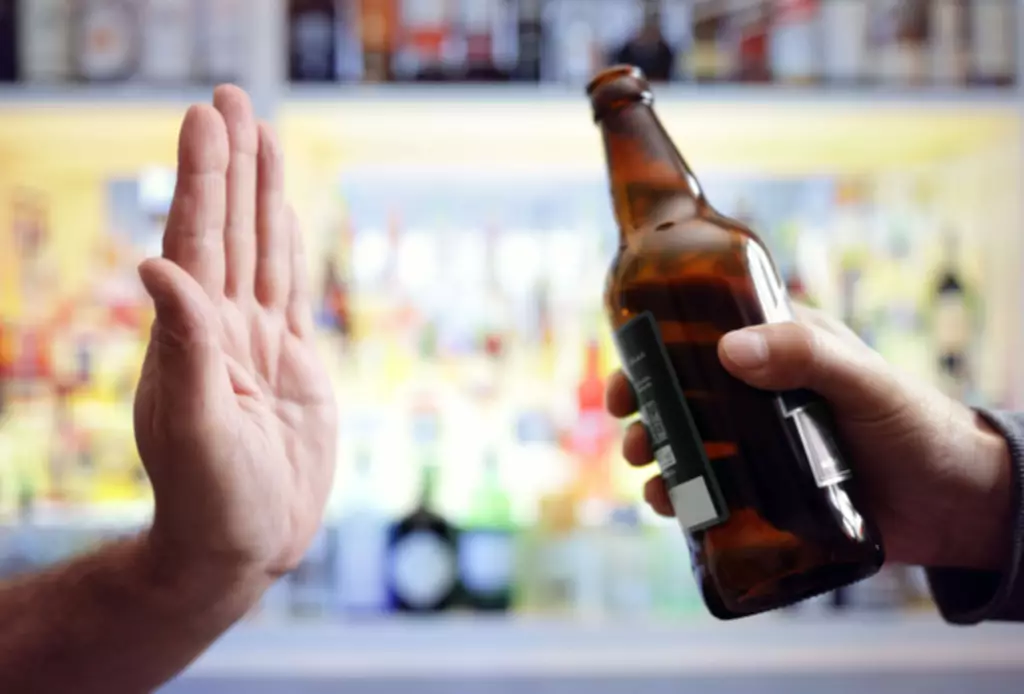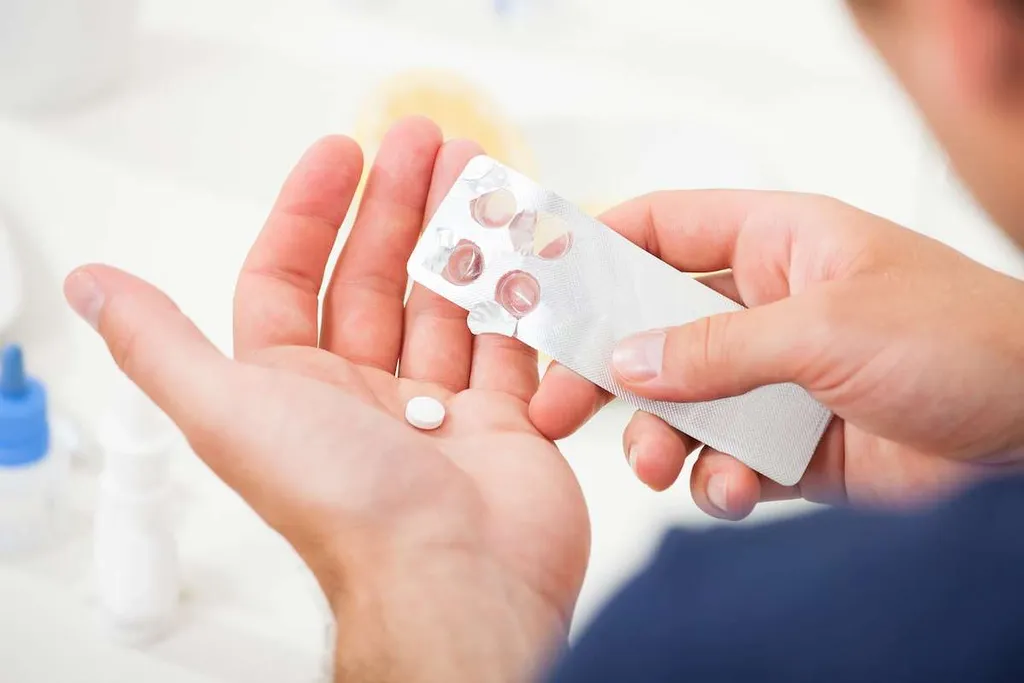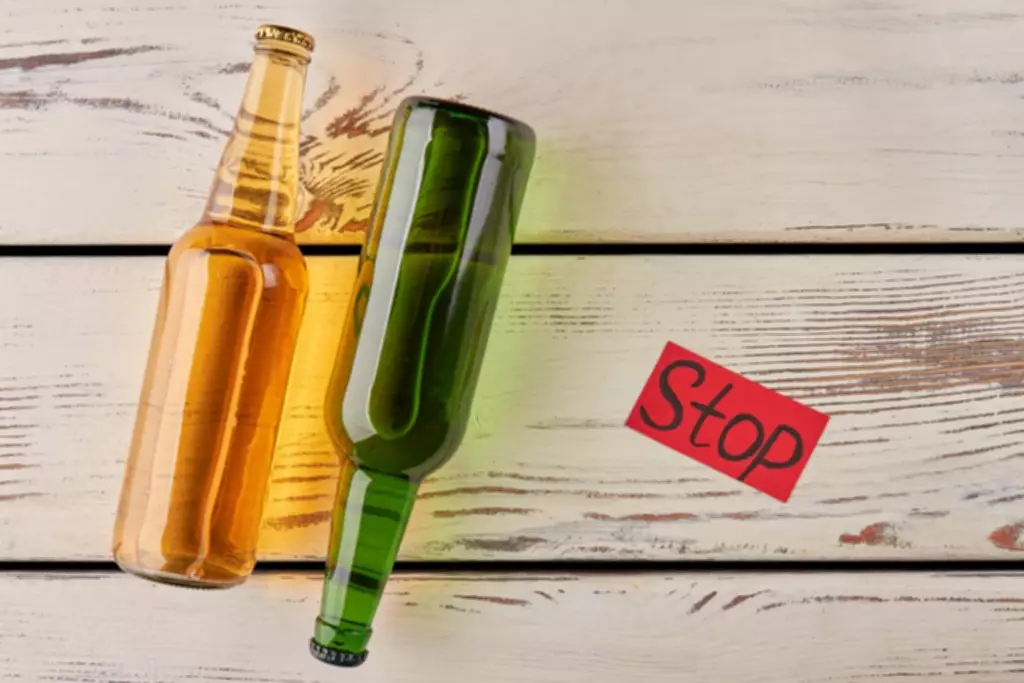.jpg)
Additionally, dehydration caused by alcohol consumption can also contribute to sinus congestion. Wine and other alcoholic beverages are generally not considered as potential allergens, so if you think you may have an allergy to wine, it is important to get a proper diagnosis. During the skin prick test, drops of wine are placed on the back of your forearm and the skin is pricked through the liquid. If you experience a localized reaction, such as redness or hives, then it can be concluded that an allergy to wine exists. Blood tests are also used to measure the presence of specific antibodies in your blood that may indicate an allergic reaction to wine.
Awareness & Prevention
- Histamines can be found in wine, as they are produced when yeast is used to ferment grapes.
- Wine makers must carefully balance the use of sulfates with the acidity levels to create a pleasant flavor profile without compromising its shelf life.
- It is important to note that not all allergic reactions to red wine are caused by histamine.
- People may also have an allergic reaction to specific ingredients in alcoholic drinks rather than the alcohol itself.
- For example, red wine contains a much higher percentage of histamines when compared to white varieties, so choose wisely if wine sneezes are known to put a damper on your evening.
While some drinkers may never experience any irritation from white wine, others may find that it triggers a sneezing reaction. If this occurs, it might be best to switch to red wine or to try drinking white wine in moderation. People who drink red wine may be more prone to dehydration than those who don’t, as alcoholic drinks can increase the body’s need for fluids. Therefore, it is important to stay hydrated when drinking alcohol by having a glass of water between drinks and avoiding caffeine or carbonated beverages. In addition to filtration, the use of fresh fruits and vegetables in cocktails can pose a risk for those with oral allergy syndrome (OAS). OAS is an allergic reaction to certain proteins found in raw fruits and vegetables, which are also present in many alcoholic drinks.
Consider Alcohol-Free Alternatives
It is essential to recognize when one has an alcohol intolerance, as this can be a serious health concern. Symptoms of an alcohol intolerance include nausea and vomiting, diarrhea, headaches, hives, facial flushing, chest tightness or difficulty breathing. If someone experiences these symptoms after consuming even small amounts of alcohol it is important to seek medical attention immediately. An alcohol why do i sneeze when i drink intolerance, or ingredients like histamines in alcohol cause an allergy-like reaction in drinkers, swelling the the mucosal membranes in the nasal passages and airways.
Asian Flush Research Survey – Finally some answers about Asian Flush
.jpg)
Rinsing your nose with salt water or a saline solution will help to soothe the mucous membranes in your nose and reduce inflammation. The healthcare professional uses a lancet to pierce a person’s skin and apply a small amount of the suspected allergen to see if it causes a reaction. However, standardized skin testing using different types of alcohol is not currently available.
This leads to allergy symptoms like a runny nose, stuffy sinuses, and sneezing. Others believe it’s just a coincidental occurrence with no real significance. Whatever the source, sneezing after drinking beer is a phenomenon that many people have experienced. It may be nothing more than coincidence, or it could signal the start of legal intoxication. Either way, it’s definitely something to keep an eye on if you’re out enjoying some beers with friends. When someone suddenly starts sneezing after drinking a few pints, it’s time for them to take a break and re-assess their drinking habits.
Botrytis cinerea is a mold that causes noble rot in wine, which can also cause reactions in some people. For those with Red Wine Allergies, the symptoms can be quite unpleasant and may last for several hours. However, to eliminate them completely, it is necessary to avoid consuming red wine altogether. Beer, brown liquor, and cider contain the highest levels of sulfites among alcoholic beverages.
Throat Pain Due To Viral Pharyngitis: Symptoms, Investigations, Treatment, Prognosis
- Research shows that around 8% of people experience symptoms like nasal congestion, flushed skin, or even headaches while drinking wine.
- While talking about the consumption of alcohol, you need to watch out for the gradual development of the nasal infections.
- Our complete guide to Sudden Alcohol Intolerance is an excellent introductory resource to this condition.
- This will help reduce the number of histamines in your drink and make it less likely to trigger a sneeze.
- Alcohol increases your risk of breast cancer because it causes an increase in estrogen levels, and damages DNA, which can lead to the development of cancer cells.
- Certain medications and foods can also trigger alcohol intolerance, as they can interfere with the body’s ability to process alcohol.
Levels of histamines vary based on alcohol, but they will be in higher concentrations in beer and wine (especially red), he says. Beer drinkers can experience «an inflammatory response to the yeast proteins, which can lead to itching, superficial rashes, nausea, vomiting, or even diarrhea,» he says. This is not an allergy to the beer itself, just one specific ingredient in the beer, he explains. Allergens in wine can cause a range of reactions, including skin irritation, gastrointestinal problems, and respiratory symptoms. It is important to be aware of the potential allergens present in wine so that those who suffer from allergies can choose wines that are safe for them to drink. Some people may be sensitive to other compounds in the beverage and will need allergy testing to determine what they are allergic to.
.jpg)
When this inflammation occurs in the airway, patients can experience wheezing and shortness of breath. Your brain adapts to alcohol over time and can become less sensitive to its effects. Are you wondering whether your drinking is on the high side of normal or if it’s crossed the line into a problem? If any of the following scenarios seem familar, it might be time to make some changes. If you get gustatory rhinitis, there are many treatments and management methods to choose from. If you’re frequently sneezing after drinking, you must see a doctor as there may be an underlying condition that needs to be treated.
But, if it happens after drinking, without any other weird lifestyle or dietary changes, there’s a high probability that the symptoms are linked to those wine spritzers. You’ll have those same symptoms and a more intense reaction, wheezing, difficulty swallowing, low blood pressure, and heart palpitations, he says. If people experience symptoms after drinking alcohol, they should speak with a doctor for further advice. Alcohol can worsen your difficulty breathing through your nose, so it’s important to be mindful of how much you consume. If drinking alcohol is unavoidable, try to limit your intake of low-alcohol beverages such as beer or wine.
For many people, more than 2 ounces of alcohol can lead to triggering allergies which is also termed as alcohol allergy. This can again make your nose get stuffy when you drink alcohol with some complaints, which may need medical treatment. While most people don’t have a problem with sulphites, those who are sensitive to them might experience allergy-like symptoms, including sneezing, after drinking wine with them.
While the body naturally produces histamine, we also consume it through food and drinks that are rich in histamines, including cheese, wine, meats, fish, and fermented foods. In addition to histamine, sulfites can be found in wine and beer, which may also irritate allergies for some people. Alcohol is not the only category of food/drink that can affect allergies in this way. If this sound like you or someone you know, be sure to be mindful of foods like aged cheese, bread, and other fermented products like cider that can contain histamines as well. The third type of headache caused by alcohol is a “Delayed Alcohol-Induced Headache” (“DAIH”). These headaches usually occur hours after a patient has stopped drinking, as their blood alcohol level returns to zero.
Throat Pain Due To Viral Laryngitis: Types, Symptoms, Prevention, Diagnosis, Treatment
If you’re allergic to wine, you may notice that you sneeze more after drinking it. An allergy or intolerance to alcohol is not always responsible for symptoms occurring after drinking alcohol. If someone has a true allergy to alcohol, they should avoid the substance entirely. People with alcohol intolerance could still consume alcohol, although they will likely experience side effects. There are few symptoms which need not to be ignored, like, swelling of throat which simply does not allow you to breathe.

.jpg)
.jpg)
.jpg)






















